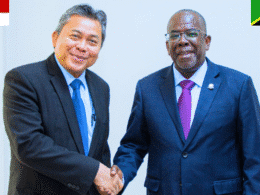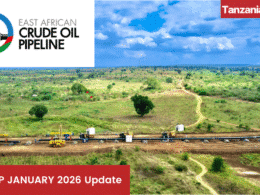According to a recent report by The Citizen, the current shortages in Tanzania electricity could significantly be reduced through the full exploitation of its enormous power potential in the sisal sub-sector, which can only take place if the country is able to acquire sufficient technical knowhow to do so.
Currently, this sub-sector is responsible for the production of nearly 40,000 annual tons of sisal biomass, which can be harnessed in order to produce gas for the generation of more than 45MWof electricity.
These private sisal plantations require just 30 percent of the 45MW in order to maintain their operations, thus indicating that the remaining 70 percent can either be rerouted to the national grid or be used in the local market.
In addition, The Citizen report also indicated that improvements of the small sisal holders’ capacities in other regions where sisal is not currently formalized would likely lead to the acquisition of 1 million tons of sisal waste and the subsequent generation 500 MW of electricity to then be distributed to the national grid.
According to the chairman of the Sisal Association of Tanzania (SAT), Frank Maro, in order to attain the goal of reaching MDGs and overall sustainable development, it will be crucial to utilize affordable and environmentally acceptable energy services in order to support the government’s programs.
“An integrated sisal processing system ensures production of reliable energy that increases efficiency leading to more secure electricity for rural areas which currently sits at only two per cent of the rural population,” he said, “Capacity building on use on biogas and biomass utilization is of vital importance to the sisal industry and Tanzanian agricultural sector.”
During a speech that was made earlier this week, Arthur Mwakapugi, the Permanent Secretary for the ministry in charge of Tanzania Energy and Minerals, indicated that the newly established international center of excellence for capacity building for biogas and biomass production that was built using the financial support that was given to the country from the German government program, CAMARTEC, is being built with the intention of developing renewable energies from biomass and its upcoming completion is much anticipated by producers, processors and investors alike.
The establishment of this new international is a public-private partnership project joint initiative between the governments of Germany and Tanzania, ALENSYS (Alternative Energy System) and BioEnergy Berlin.
According to Mr. Mwakapugi this construction project, was begun in June 2009 and is scheduled to be completed by next November with the ultimate goal of being used to both inform energy stake holders about and to sensitize them to capacity building, training, consultancy and laboratory services in organic waste utilization.









